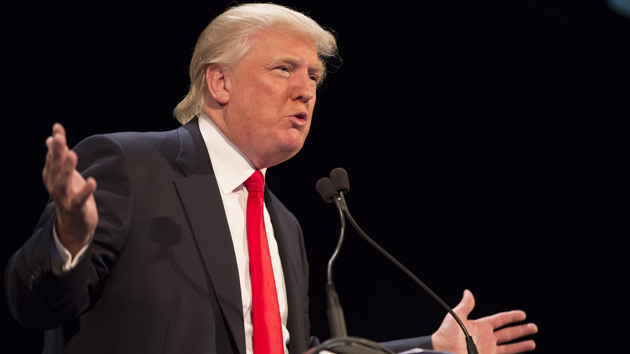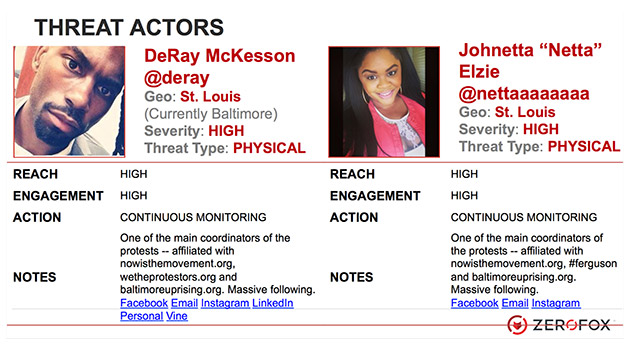After being shut out of a scheduled campaign event in New Hampshire last week, Black Lives Matter activists engaged in a candid and, at times, tense conversation with Hillary Clinton on racial issues and criminal justice reform. Footage of the conversation, released on Monday by GOOD, appeared to show Clinton sympathizing with activists’ calls for candidates to bring forth more concrete policy proposals.
“You can get lip service from as many white people as you can pack into Yankee Stadium and a million more like it who are going to say, ‘We get it, we get it. We are going to be nicer,'” Clinton said. “That’s not enough, at least in my book.”
But the discussion took an awkward turn when activist Julius Jones rejected Clinton’s suggestion that the movement formalize a more specific plan for its next steps. “I say this as respectfully as I can,” Jones told Clinton. “But if you don’t tell black people what we need to do, then we won’t tell you all what you all what you need to do.”
Jones also accused Clinton of engaging in victim-blaming.
“I’m not telling you,” Clinton shot back. “I’m just telling you to tell me. Respectfully if that is your position then I will talk only to white people about how we are going to deal with the very real problems.”
She then offered a more personal perspective on how to address the deep-seated racism in America.
“Look, I don’t believe you change hearts,” Clinton said. “I believe you change laws, you change allocation of resources, you change the way systems operate. You’re not going to change every heart. You’re not. But at the end of the day, we could do a whole lot to change some hearts and change some systems and create more opportunities for people who deserve to have them, to live up to their own God-given potential.”
Following the video release of the encounter, Jones and fellow activist Daunasia Yancey told Melissa Harris-Perry of MSNBC that Clinton’s responses were not enough.
“What we were looking for from Secretary Clinton was a personal reflection on her responsibility for being part of the cause of this problem that we have today in mass incarceration,” Yancey said. “So her response really targeting on policy wasn’t sufficient for us.”












